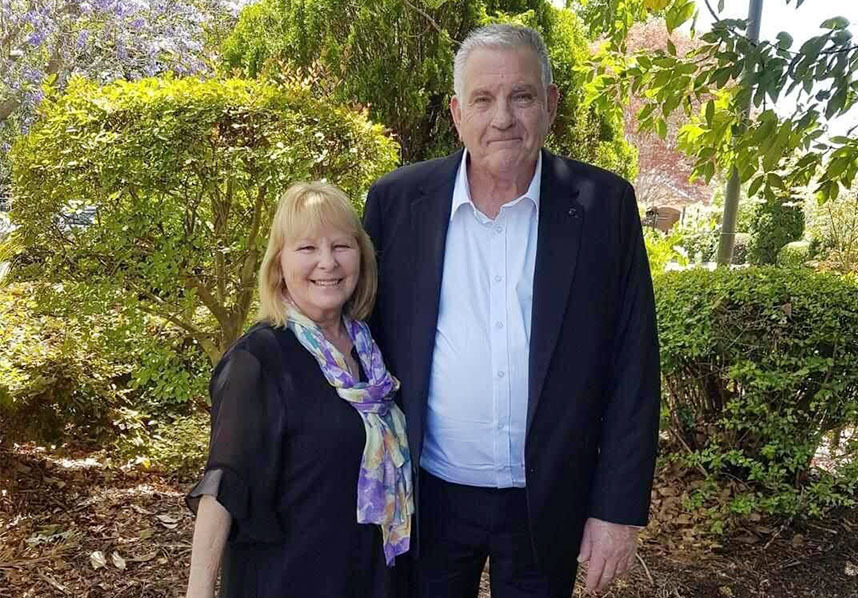7 Basic Steps to the Buying Process

7 Basic Steps to the Buying Process
Buying a property may seem like it’s an easy process, but in truth, the buying process can be overwhelming. What’s great about this though, is that we are here to help property buyers such as yourself to gain more confidence when purchasing a property. After all, this is our job!
Here are 7 basic steps to get you started with the buying process:
Be Financially Prepared
Once you have decided to invest in your future and buy your very own property, the next step is to conduct solid research into the current market and property values. Make sure to monitor the market, right up until you are ready to put in offers. Remember, keep yourself educated, know that the market always changes. You wouldn’t want to miss out on properties that appeal to you, right?
Another part of this process is to talk with a good mortgage broker. They will assess your needs, whether you are looking for the lowest interest rate or a longer term finance or investment strategy. Every bank and lender has their own set of specialties and criteria. Mortgage brokers have access to all available lenders and can help you determine which lender suits your needs best, depending on what you are hoping to achieve in the future.

Check the list below for some of the knowledge and capabilities of a mortgage broker:
- How much you can afford to borrow
- Current interest rates
- Different set finance options and loan products
- All fees involved when purchasing a property
- Setting a plan in place so you have a clear idea of what you can afford to buy
Mortgage brokers are also free for consumers to use, since the lenders they place the home loan with are the ones paying them. With that said, once you have your goals and plans in place, you can, then, proceed to the hardest step in the process.
Saving the Deposit for Your Property Purchase
This may be the longest journey among the other steps, so it is crucial that you stay focused on your goals. To help you out, here are some tips on how you can save the deposit:
- Review your budget and check how much you can save each month or pay date in order to keep you motivated and on track.
- Reduce your spending by making a conscious effort to manage your money a lot closer.
- Prioritize yourself during payday. Allocate the budget for yourself or your property straight to your savings account. Think of it like a bill that is due each month.
- As mentioned, you should have a savings account for your property purchase. We recommend Term Deposits where you can prevent yourself from spending money due to limits on withdrawals. The best tactic here is to have discipline and to avoid spending on unnecessary stuff.
 Pre-Approval Phase
Pre-Approval Phase
Once you have saved your deposit, the next thing you need to do is to complete the buying process. But before that, you need to be pre-approved by a bank. A pre-approval is an “in principal” commitment from the bank that you can borrow up to a certain amount of money for the purchase of a property. Banks will assess your financial details and credit history to ensure that you are a suitable candidate for a mortgage. Having a pre-approval in place gives you confidence when entering the searching phase. This is because you will know what your top budget is and you can confidently know where you stand when negotiating with agents.
Now is also the time to re-engage with your selected mortgage broker. They will be able to help you in this process to get your pre-approval in place. Pre-approval is not an unconditional approval, so you should still be careful when making an offer as you may still need a finance clause in the contract of sale. This is in order for banks to make a final assessment on your application. Having a pre-approval may increase your chances of securing your desired property, either by showing your finances are ready to go to the seller or by potentially not requiring a finance clause in your contract.

Begin “The Search”
Searching for a property to buy may seem fun, but it can also be stressful because it involves a lot of decision making. As always, these are some tips you want to consider when looking for a property:
- When you find a property you like, don’t think of it as your own yet. Remember, there may be instances where another buyer is more able and willing to pay more than you, especially if the demand for the property is high and there is a lot of competition. If this happens, move on quickly as your ideal property is still waiting for you.
- Before going to several open homes every weekend, it is best if you do a complete comprehensive research on the market first before exhausting yourself inspecting. Consider the suburb, the floor plan, the likely price range, and the condition of the home.
- Bring a camera and a measuring tape during the open homes, so you won’t miss out on any opportunities. In high demand markets, there is not usually a second or third opportunity to inspect, so don’t take your first visit for granted. Make sure you take pictures or videos of every corner of every room and measure the important spaces to check if your furniture and appliances fit.
Putting in Your Offer
We are now in a serious part of the process. This step needs a lot of consideration, especially when the competition is high. You need to learn and understand the contract process, how much to pay and how to present your offer to the selling agent.
Submitting an unconditional offer is a big advantage, but, in most cases, buyers require bank lending so may need a finance clause depending on their circumstances. In other words, there needs to be some conditions on the contract before an offer can be made, so take into consideration these things before making an offer:
- Initial and balance deposit amounts
- Offer amount
- Finance clause and how long to satisfy
- Building and pest inspections and time frames
- Settlement date
- Any other special terms that are needed (due diligence, rent back, body corporate searches, etc.)
It’s true that the highest bidder wins in most cases, BUT not always! There are many instances where the highest offer has not been accepted because of other offers having better terms. Having said that, it is really best to talk to the agent first and find out what is significant to the seller, so you can leverage and have a better offer. Keep in mind that everything is negotiable.

Conditional and Unconditional Phase
Once your submitted offer is accepted and is subject to any conditions, then you enter the conditional phase in the buying process. In this phase, you would have to organize a building and pest inspector to provide a comprehensive report if the contract is conditional to a building and pest inspection. You will also need to work with your mortgage broker and bank to satisfy any finance clause included in the contract, as well as meet with a solicitor that is based in the state where you purchased your property to communicate with the seller solicitors and handle the conveyancing process.
Make sure that the property has no hidden defects or maintenance issues, as there are expensive costs associated with purchasing a property and any signs of mistakes or errors can be costly. However, in case you find something that needs to be fixed, try negotiating the cost of repair off the purchase price or get the seller to rectify it prior to settlement. You may also have the option to withdraw from the contract if the results of the building and pest inspection are not satisfactory.
After everything is done, obtain your final finance approval and satisfy any other conditions in the contract, so it will become unconditional.

Settlement
Now that you’re in the unconditional phase, the last step in the buying process is the Settlement. This is when the seller will receive the payment of the agreed amount and the buyer will legally take ownership of the property. This is also where the key collection takes place and moving in process begins. Celebrations take place! You are now a homeowner!
Recent Posts
What to Consider when Applying for a Home Loan
21 Apr 2024
8 Signs It's Time to Sell Your Home
01 Apr 2024












